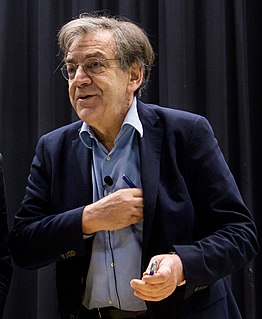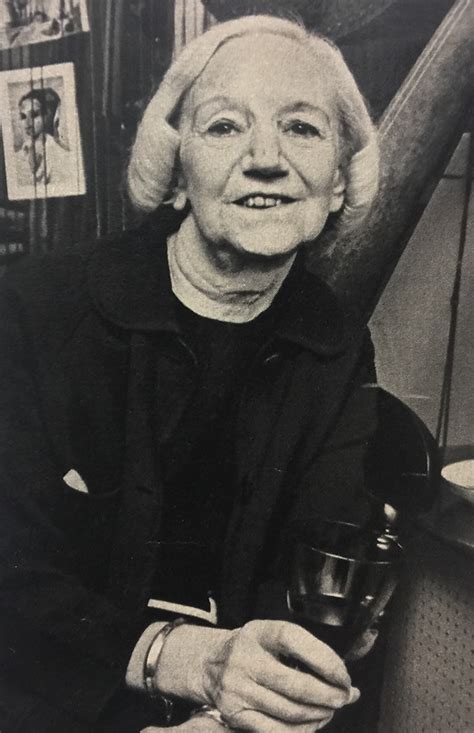A Quote by William Shakespeare
Every man has a bag hanging before him, in which he puts his neighbour's faults, and another behind him in which he stows his own.
Related Quotes
It is a fearful thing to hate whom God hath loved. To look upon another-his weaknesses, his sins, his faults, his defects is to look upon one who is suffering. He is suffering from negative passions, from the same sinful human corruption from which you yourself suffer. This is very important: do not look upon him with judgmental eyes of comparison, noting the sins you assume you'd never commit. Rather, see him as a fellow sufferer, a fellow human being who is in need of the very healing of which you are in need. Help him, love him, pray for him do unto him as you would have him do unto you.
By Liberty I understand the Power which every Man has over his own Actions, and his Right to enjoy the Fruits of his Labour, Art, and Industry, as far as by it he hurts not the Society, or any Members of it, by taking from any Member, or by hindering him from enjoying what he himself enjoys. The Fruits of a Man's honest Industry are the just Rewards of it, ascertained to him by natural and eternal Equity, as is his Title to use them in the Manner which he thinks fit: And thus, with the above Limitations, every Man is sole Lord and Arbitrer of his own private Actions and Property.
Among those whose reputation is exhausted in a short time by its own luxuriance are the writers who take advantage of present incidents or characters which strongly interest the passions, and engage universal attention. It is not difficult to obtain readers, when we discuss a question which every one is desirous to understand, which is debated in every assembly, and has divided the nation into parties; or when we display the faults or virtues of him whose public conduct has made almost every man his enemy or his friend.
That hour in the life of a man when first the help of humanity fails him, and he learns that in his obscurity and indigence humanity holds him a dog and no man: that hour is a hard one, but not the hardest. There is still another hour which follows, when he learns that in his infinite comparative minuteness and abjectness, the gods do likewise despise him, and own him not of their clan.
What a man does, that he has. What has he to do with hope or fear? In himself is his might. Let him regard no good as solid but that which is in his nature, and which must grow out of him as long as he exists. The goods of fortune may come and go like summer leaves; let him scatter them on every wind as the momentary signs of his infinite productiveness.
Each man is contained and constrained, on entering social life, to fit his own life in, just as he fits his words and thoughts into a language that was formed without and before him and which is impervious to his power. Entering the game, as it were, whether of belonging to a nation or of using a language, a man enters arrangements which it does not fall to him to determine, but only to learn and respect the rules.
The man has a curious inborn conviction of his own superiority which is quite unshakeable. All his life he has bullied and browbeaten those around him by his high-and-mightiness and his atrocious temper. As a boy he terrorized his entire family by his tantrums, when, if thwarted, he would throw himself on the floor and yell till he went blue in the face. It has been much the same ever since. Everyone's terrified of his rages. He has only to start grinding his teeth, and people fall flat before him.
Where no man thinks himself under any obligation to submit to another, and, instead of co-operating in one great scheme, every one hastens through by-paths to private profit, no great change can suddenly be made; nor is superior knowledge of much effect, where every man resolves to use his own eyes and his own judgment, and every one applauds his own dexterity and diligence, in proportion as he becomes rich sooner than his neighbour.





































